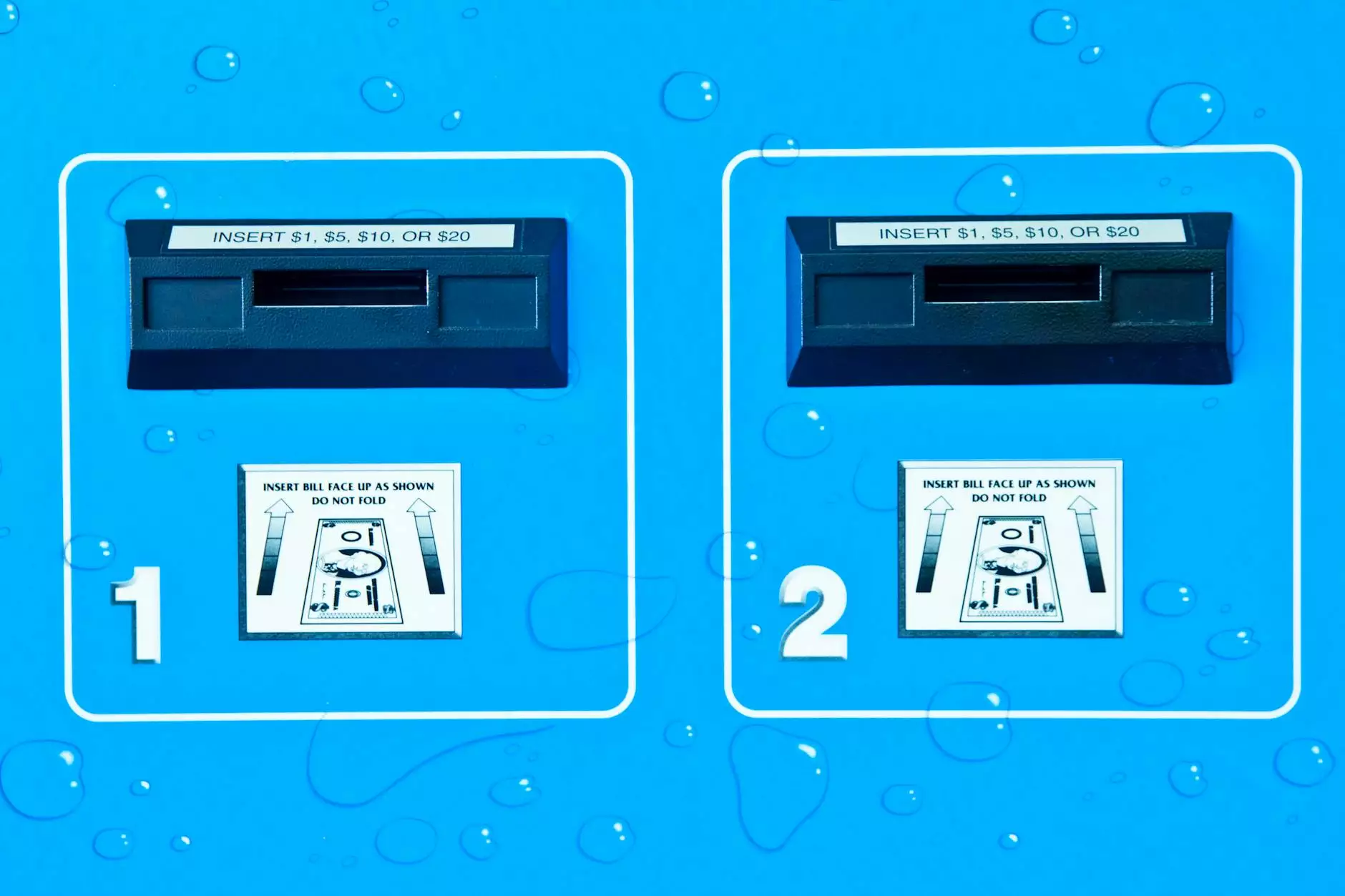Understanding the Importance of CRM in the Pharmaceutical Industry

The CRM pharmaceutical industry is rapidly evolving, embracing technology to enhance the management of relationships with clients, healthcare professionals, and stakeholders. Customer Relationship Management (CRM) tools play a pivotal role in transforming data into actionable insights that can streamline operations and boost sales performance. In this article, we will delve deep into how CRM systems impact the pharmaceutical sector, the unique challenges faced, and strategies for effective implementation.
The Role of CRM in the Pharmaceutical Industry
CRM in the pharmaceutical industry is not just about managing customer data; it revolutionizes how businesses interact with healthcare providers and patients. CRM systems help in tracking interactions, managing communication, and maintaining a comprehensive view of customer profiles which includes prescriptions, feedback, and follow-up requirements.
Benefits of CRM Systems in Pharmaceuticals
- Improved Customer Insights: A CRM system enables pharmaceutical companies to gain detailed insights into customer behavior and preferences, allowing for tailored communication and offerings.
- Enhanced Sales Performance: By tracking sales activities and pipeline processes, sales teams can improve their performance through targeted strategies.
- Streamlined Processes: Automating repetitive tasks makes it easier for teams to focus on high-value activities and increases overall efficiency.
- Regulatory Compliance: With built-in compliance features, CRM solutions can help ensure adherence to industry regulations, which is crucial in the pharmaceutical sector.
Challenges Faced by Pharmaceutical Companies
The pharmaceutical sector operates in a highly regulated environment which presents unique challenges. These include:
- Data Privacy Regulations: With the increasing focus on data privacy laws like GDPR, pharmaceutical companies must be meticulous about how they handle customer data.
- Integration Issues: Many pharmaceutical companies struggle with integrating CRM systems with existing technology platforms.
- Sales Force Management: Managing a distributed sales team and ensuring they have real-time access to information can be daunting.
Effective Implementation of CRM Solutions
To harness the full potential of CRM in the pharmaceutical industry, companies must adopt effective implementation strategies:
1. Define Clear Objectives
Before implementing a CRM solution, it is essential to set clear objectives that align with the overall business goals. Understanding what you aim to achieve—be it increased sales, better customer service, or streamlined operations—will guide the selection of the right CRM tools.
2. Choose the Right CRM Tool
With a plethora of CRM systems available, selecting the right tool based on the specific needs of your pharmaceutical organization is crucial. Consider factors such as scalability, integration capabilities, and user-friendliness.
3. Train Your Team
Effective training is vital for a successful CRM implementation. Ensure that your team understands how to use the CRM system, emphasizing its benefits and how it can facilitate their daily tasks.
4. Monitor Performance Metrics
Track the performance of your CRM system through key performance indicators (KPIs). Metrics such as user adoption rates, customer satisfaction scores, and sales growth will help assess the impact of the CRM on your business operations.
5. Continuously Optimize
CRM is not a set-it-and-forget-it solution. Continuous optimization based on feedback and changing market conditions will help your pharmaceutical company stay relevant and competitive.
Case Studies: Successful CRM Implementation in the Pharmaceutical Industry
Examining real-world examples can illustrate the transformative power of CRM in the pharmaceutical sector. Here are a few noteworthy case studies:
Case Study 1: PharmaTech Solutions
PharmaTech implemented a CRM solution that helped their sales force monitor and analyze physician interactions more effectively. As a result, the company saw a 25% increase in sales within the first year due to more meaningful engagements with healthcare professionals.
Case Study 2: MedLife Corporation
MedLife used CRM to streamline their marketing campaigns, allowing for more personalized approaches. This led to a 30% uplift in response rates and improved ROI on marketing expenditures.
The Future of CRM in the Pharmaceutical Industry
The future of the CRM pharmaceutical industry is bright, with advancements in technology set to redefine how pharmaceutical companies operate. The integration of artificial intelligence (AI) and machine learning (ML) in CRM systems will provide deeper insights and enhance decision-making processes.
Emerging Trends:
- AI-Powered Analytics: Utilizing AI will allow for predictive analytics that can forecast sales trends and customer behaviors.
- Omni-channel Engagement: CRM systems will increasingly enable seamless customer interactions across multiple channels, ensuring a unified experience.
- Mobile CRM Applications: With the workforce becoming more mobile, CRM applications will be accessible on various devices, empowering sales teams to access vital information on the go.
Conclusion
The integration of CRM in the pharmaceutical industry is no longer optional; it is a necessity for companies aiming to thrive in a competitive marketplace. By focusing on customer relationships and leveraging data, pharmaceutical companies can enhance their operational efficiencies, drive sales, and ultimately improve patient outcomes. Embracing the evolving landscape of technology will be the key to future success in this vital sector.
For companies looking to invest in effective CRM solutions, Veribase.com offers expert web design and CRM consultation services tailored for the pharmaceutical industry. Elevate your business today with a state-of-the-art CRM strategy that caters specifically to your unique needs.









